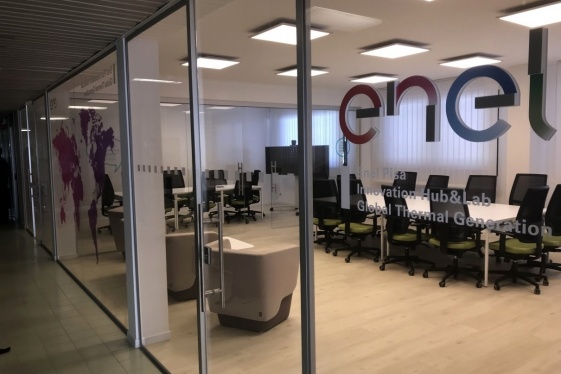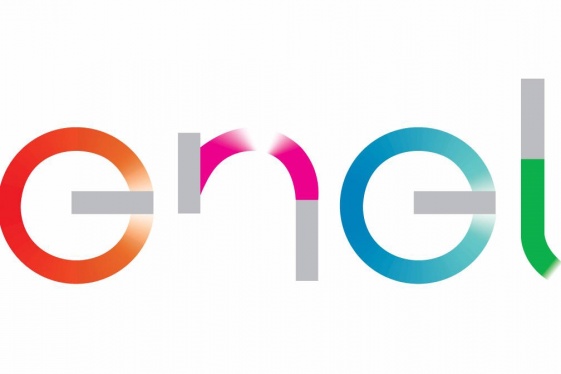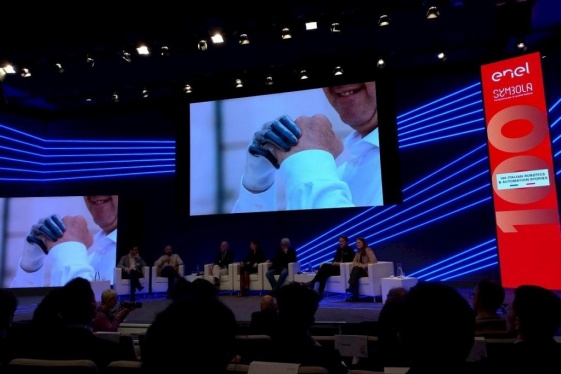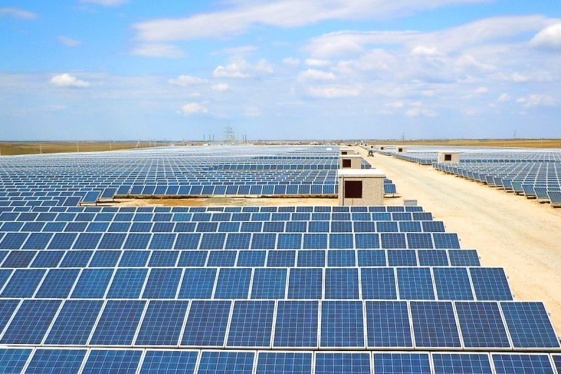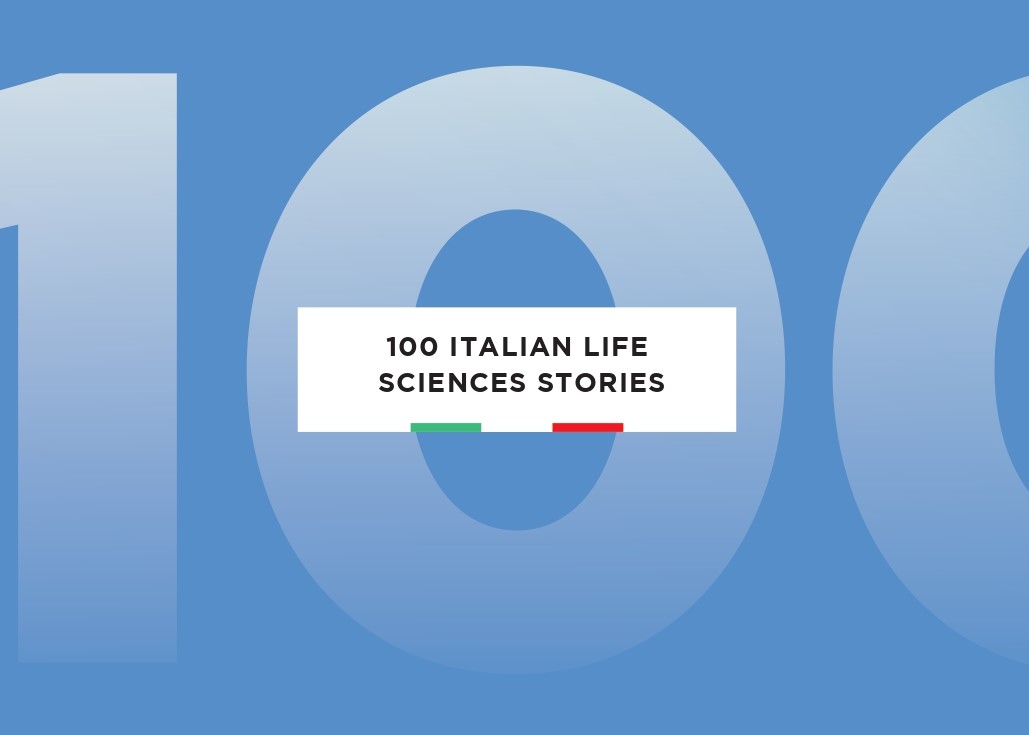

Since last year the world hasn’t been the same. The pandemic has changed our lives and has put public health at the centre of many individual and collective choices. We have learnt how health may affect many aspects of our life: work, social cohesion and economy. Many countries have paid the price for the mistake of having cut the health expenditure, weakening territorial medicine and delocalising the manufacture of many vital medical and healthcare devices.
At the same time, in Italy, we have understood the urgency of enhancing the production of vaccines and treatments that are necessary to respond to the country’s current and future needs against COVID-19. Our national health system, which is appreciated all over the world thanks to the quality of its medical staff and researchers, to the humanity of its operators and the collaboration with life science companies, has been weakened during the pandemic.
After one year since the beginning of the health crisis, two international summits that will be held in Italy in the context of the first Italian G20 presidency are going to play an important role: the Global Health Summit (21 May) and G20 Health Ministers Meeting (5-6 September).
Health and climate change will be two recurring themes of the Italian presidency’s agenda, started in December 2020, and will culminate with the Summit of Heads of State and Government on the 30th and 31st of October in Rome. In September these strategic themes will lead to a new “declaration” of the Health Ministers, representing a chance to enhance and promote our extremely rich healthcare system, made of pharmaceutical industries, medical devices, biotech research, scientific institutes for research, Hospitalization and Healthcare (IRCCS) spread all over the country and specialized in clinic and translational research, healthcare services.
Also for this reason, we have chosen to dedicate the annual journey of the Italian innovation promoted by Enel and Symbola Foundation, thanks to the collaboration with Farmindustria, to the healthcare technologies with the 100 Italian Life Science Stories report. After having examined the innovation made in Italy in the supply chains of renewable energy sources, circular economy, e-mobility and automation, through the narration of 100 stories on innovation, the report will explore a system that counts 1.8 million of workers, a production value of 225 million euro in 2018, an added value of 100 billion euro and that, considering the linked industries too, reaches 10% of the national GDP.
A sector in which Italy boasts various leadership positions: we are first in Europe, together with Germany, in the pharmaceutical manufacture (first among the Big European Countries as for value added per employee) that over the last ten years has recorded the highest increase in export among the Big European Countries (+168% compared to +86% of the EU average); we are the first country in the world as for number of quotes and productivity of scientific research in terms of publications per researcher.
In Mirandola we have the most important biomedical district in Europe, third in the world after that of Minneapolis and Los Angeles in the USA. The first linear accelerator for proton therapy for the treatment of neoplasms is Italian, so is the first gene therapy approved in Europe, the first stem-cell therapy in the world and the first genome approach for the development of a vaccine against meningococcus. As a matter of fact, there are numerous areas of expertise thanks to which companies, start-ups, universities, hospitals and public and private research centres have been standing out: pharmaceutical industry, genomics, telemedicine, robotics and the development of data analysis tools and software.
In the field of regenerative medicine and prosthetics, the study of vegetal structures such as wood or hydroxyapatite (70% of the human bone is made up of bioceramic) is allowing our researchers to develop biocompatible substitutes obtained through 3D printing or silk-fibre based prostheses for the regeneration of nerves, tendons, ligaments, and blood vessels. These technologies improve the quality of life, like the one that translates thoughts into motion leveraging the brain waves generated by the movement imagined by locked-in people (who are conscious but paralyzed), thus allowing patients to restore the interactions with their loved ones, thanks to artificial intelligence and wearable devices. Another example is represented by preventive technologies, such as Next Generation Sequencing, capable of quickly sequencing the DNA and detecting the susceptibility to disease, diagnosing rare diseases, diagnostic systems that combined with computing power and artificial intelligence can suggest to every person how to improve training styles and personal diet.
In this context, the biomedical supply chain plays undoubtedly a pivotal role, where technologies meet design: from wristbands that monitor blood oxygen to optical devices that transform our mobile phones into ophthalmoscopes capable of carrying out a retinal screening by simply taking a selfie, portable ECG systems, etc. Furthermore, where it is not possible to prevent the onset of some serious diseases and the only chance to save human lives lies in the high-precision and non-invasive surgical operations, Italy can count on progresses of robotics and bioengineering made in Italy thanks, for example, to innovative robot-assisted microsurgery procedures that guide the surgeon in the most complex operations, such as brain and spine surgery. Companies, skills and expertise that also during such a crisis are playing a central role in the development of technologies for treating people and for the management of the health emergency.
Here are some examples: Italy is 4th in the world for the number of scientific publications on Covid-19 – only preceded by great economic powers such as USA, China and UK3 -; the creation of the most articulated molecular library in the world to test possible interactions between the virus and existing pharmaceutical molecules is Italian, so are the innovative monoclonal antibody therapies and the manufacture of vaccines and their machineries. 100 experiences that once again prove the quality of the Italian institutions, manufacturing companies and research centres that more and more have to be put of the service of territorial medicine: a heritage of great strategic value for the country that contributes to creating good economy and workplaces towards a humanistic vision of the future of which Nazim Hikmet’s words remind us too.
Francesco Starace, Ermete Realacci
You may be interested
-
Boston: Inaugurato il nuovo Enel Innovation H...
È stato inaugurato nei giorni scorsi a Boston il nuovo Enel Innovation Hub, ospitato all’i...
-
Conference of Scientific Attachés 2019
Environmental protection, sustainable development and technological innovation are the foc...
-
Enel acquisition marks entry into US electric...
Enel has, through its US subsidiary EnerNOC, announced today the acquisition of California...
-
Enel and Symbola foundation present “100 Ital...
From domestic robots to space robots. 100 Italian stories from south to north that tell of...
-
Enel Begins Work on its 1st Solar + Storage P...
Enel Green Power has announced that it has started construction of the Lily solar + storag...
-
Enel breaks ground on over 300-MW solar-plus-...
Italian giant Enel SpA (BIT:ENEL), through Enel Green Power North America, has initiated c...
-
Enel commences construction of 150-MW wind pa...
by Ivan Shumkov The North American renewables arm of Italian energy group Enel Sp...



